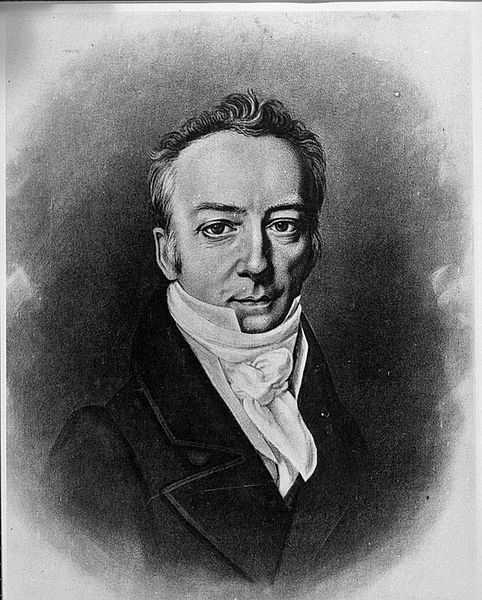
Have you ever wondered about the person the Smithsonian Institution was named after? It’s a rather peculiar story.
James
Smithson (1765-1829) was a well-to-do English scientist who had never
visited the United States. In his 1826 will, he left his estate to his
nephew. But he ended his will with an odd clause that said if that
nephew died without heirs, legitimate or illegitimate, the estate would
go “to the United States of America, to found at Washington, under the
name of the Smithsonian Institution, an Establishment for the increase
& diffusion of knowledge among men.” When Smithson’s nephew died
without heirs in 1835, the peculiar clause went into effect. On July 28,
1835, Smithson’s solicitors notified the United States government of
the bequest. An 1835 article in the National Intelligencer told the
public that a “gentleman of Paris” had left a bequest to the United
States, for the purpose of endowing a National University.
That
seems all very nice, but this was 1835, and the government of the
Unites States didn’t know what to do with the bequest, or even whether
they should accept it. The president handed the matter over to Congress,
where they weren’t sure of the procedure for taking the bequest, or
even if it was allowed by the Constitution. Some politicians had
objections to receiving money from an Englishman. Read about
the conundrum Smithson caused at (where else?) Smithsonian.
 Have you ever wondered about the person the Smithsonian Institution was named after? It’s a rather peculiar story.
Have you ever wondered about the person the Smithsonian Institution was named after? It’s a rather peculiar story.
No comments:
Post a Comment